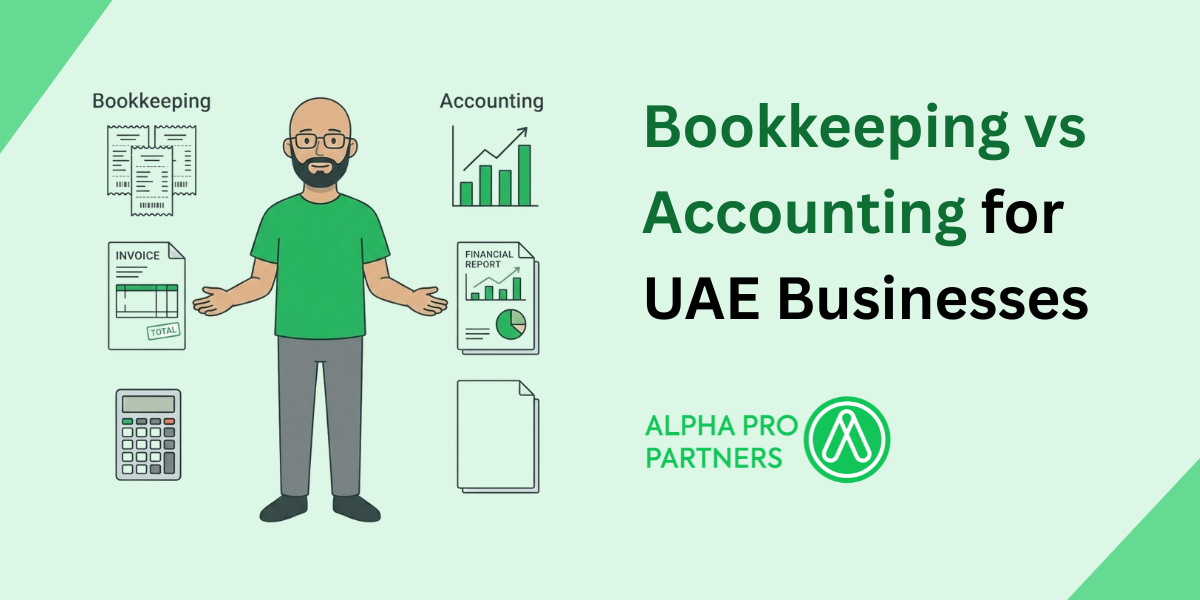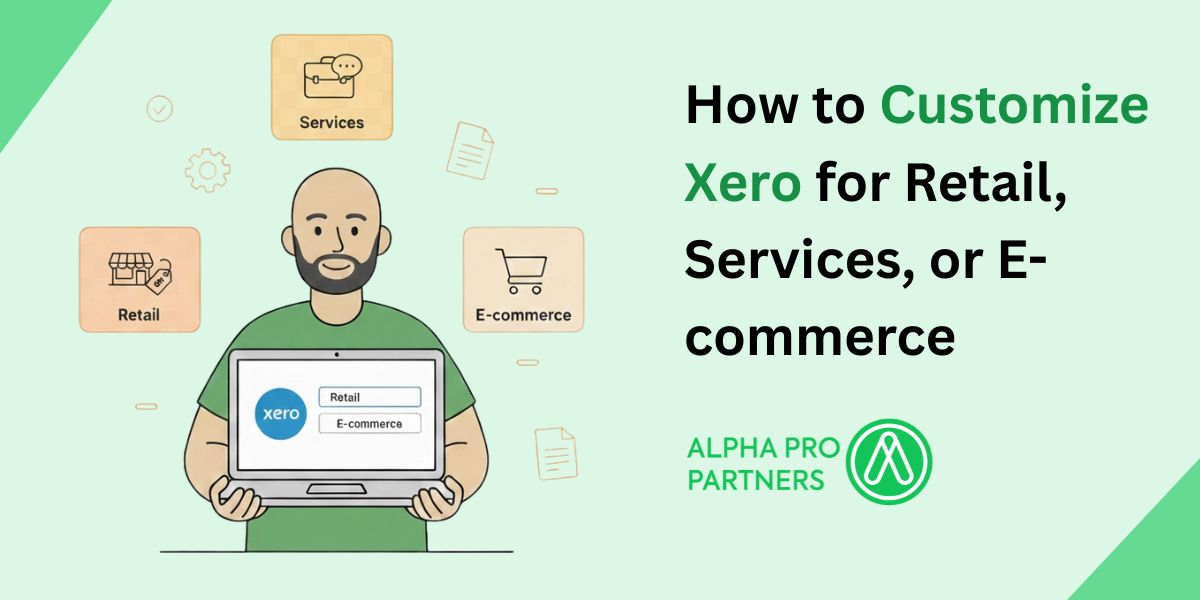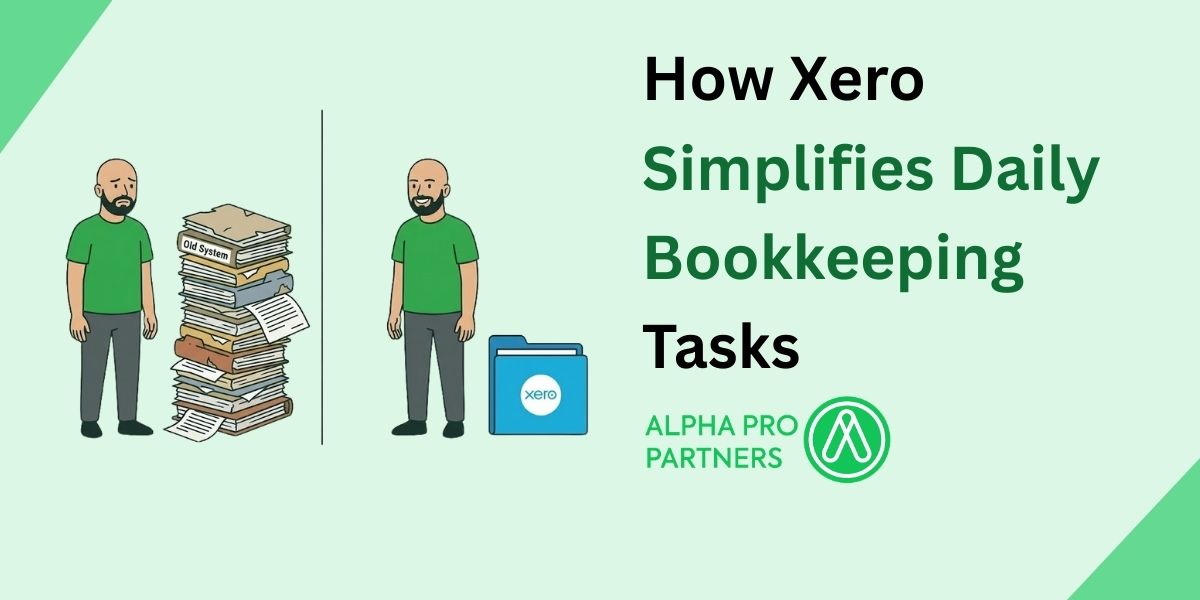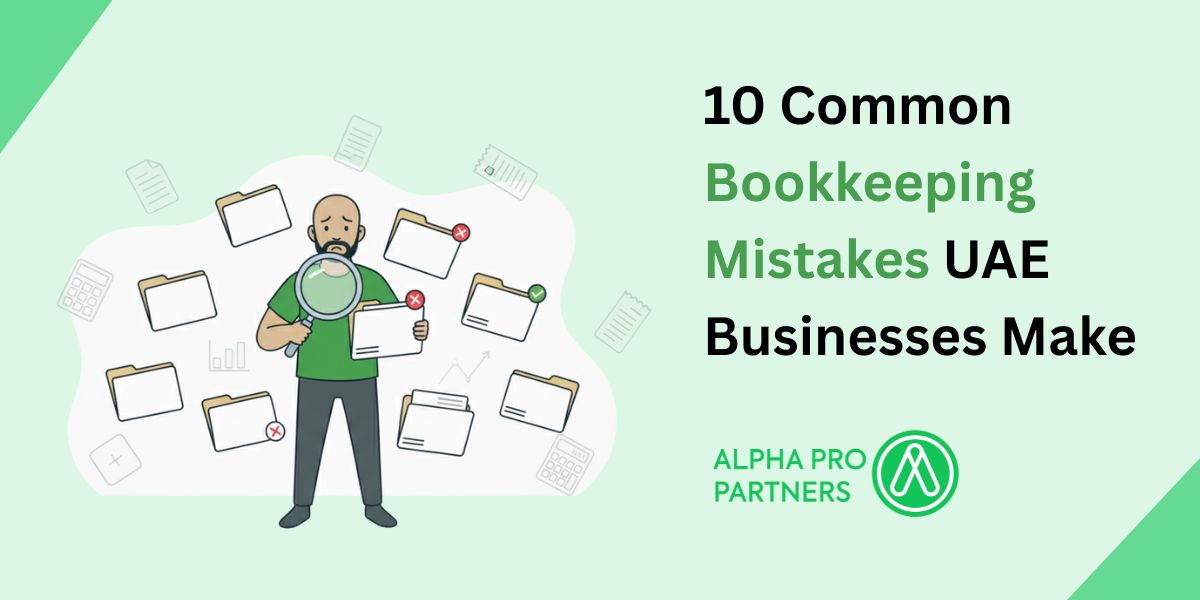Uncovering Hidden Costs: Why Break-Even Analysis Matters for Entrepreneurs

Why the Break-Even Point Matters More Than You Think
Running a business in the UAE? Then you already know how important it is to keep your numbers in check. But here’s something a lot of companies overlook: the Break-Even Point. This isn’t just an accounting concept. It’s your financial reality check.
The Break-Even Point is the exact stage where your sales cover all your expenses. No loss, no gain. Just a balance. And that balance? It tells you more than you think.
Knowing this point helps you price smarter, budget better, and plan with precision. It’s the kind of insight that turns guesswork into strategy and that can be the difference between staying afloat and scaling up.
If you want to break down your costs, see how many units you need to sell to make a profit, or test the impact of pricing changes, then Break-Even Analysis is your go-to. Let’s unpack it all, UAE-style, using clear terms and examples. And yes, we’ll keep things practical. Because that’s what matters.
What Is the Break-Even Point?
Straightforward Definition
Break-Even Point (or BEP) means the moment your business’s revenue matches your total expenses. That’s fixed costs and variable costs combined. You’re not making a profit yet, but you’re not losing money either. Think of it as your financial zero gravity, a place where you’re steady.
This is a big deal. Because once you hit that point, every extra sale starts to bring in profit. Until then, you're just covering ground.
Why It Matters
It shows you the minimum sales you need to survive. It helps you set the right price. It helps you decide whether a new product is worth the cost. And if you're pitching to investors, it helps you prove you know what you’re doing.
Whether you're running a cafe in Jumeirah, a tech startup in Abu Dhabi, or a logistics firm in Ras Al Khaimah, this single calculation can change the way you look at your business.

Break-Even Basics: The Core Elements
Fixed Costs
These are the costs that don’t change, no matter how many units you sell or services you offer. Rent. Salaries. Insurance. Equipment. Even your CRM subscription.
They’re always there, waiting to be paid.
Variable Costs
These change based on your production volume. The more you sell, the more you spend on materials, delivery, packaging, utilities. These go up and down with your output.
Sales Price Per Unit
This is how much you charge your customers for one product or service. It's what brings in your revenue, so you better set it right.
Contribution Margin
Here’s where the math starts to click. It’s the amount left over after subtracting your variable cost from your selling price.
If your price is AED 100 and your variable cost is AED 60, your contribution margin is AED 40. That’s AED 40 per unit to cover your fixed costs. And after that? It's profit.
Break-Even Quantity Formula
Here’s the simple version:
Break-Even Quantity = Fixed Costs / (Sales Price - Variable Cost)
So if your fixed costs are AED 40,000, your sales price is AED 100, and your variable cost is AED 60:
Break-Even = 40,000 / (100 - 60) = 1,000 units
That’s the number of units you need to sell to break even.

Break-Even Point Examples for Different Business Models
Manufacturing
Let’s say a Dubai-based furniture manufacturer has AED 50,000 in fixed monthly costs. Each sofa sells for AED 2,000, and the variable cost per sofa is AED 800. That gives a contribution margin of AED 1,200.
Break-Even = 50,000 / 1,200 = 42 sofas
They need to sell at least 42 sofas monthly to cover costs.
Services
Now picture a digital marketing agency in Sharjah. Fixed monthly costs are AED 30,000. They charge AED 5,000 per campaign, with variable costs around AED 1,000 (for freelancers, ad spend, etc.).
Break-Even = 30,000 / (5,000 - 1,000) = 7.5 campaigns
So, they need to manage eight campaigns a month to stay in the clear.
Retail
A boutique in Yas Mall sells items for AED 250 each. Variable cost per item is AED 100. Fixed costs (rent, staff, utilities) total AED 25,000 per month.
Break-Even = 25,000 / (250 - 100) = 167 units
That’s 167 shirts, dresses, or accessories a month to break even.

Using Break-Even to Make Smart Business Decisions
Pricing Strategy
Let’s say you’re thinking of running a promotion. A discount sounds great, but how will it impact your break-even point? If your margin drops, your break-even number goes up. Sometimes, a price drop that looks like a sales boost can actually stretch your goals beyond reach.
Cost Management
Break-Even Analysis helps you see where your biggest costs sit. Maybe it’s time to renegotiate supplier rates or switch to digital tools that cut costs. Reducing fixed or variable costs pulls your break-even point down. And that makes profitability a lot more achievable.
Profit Planning
What if you want to increase profits by 20 percent? Knowing your break-even point helps you calculate exactly how many extra sales you need.
Set targets with confidence. No guesswork.
Scaling Decisions
Thinking of opening a second location in Ajman? Launching a new product line? Do a Break-Even Analysis first. It'll show you whether the numbers make sense before you take the leap.
Funding Applications
If you’re applying for loans or pitching investors, a solid Break-Even Analysis builds credibility. It shows you understand your business and have mapped out what it takes to reach profitability.
Maximising Profit, Minimising Risk
Sensitivity Analysis
What happens if your costs rise? Or if sales drop? Sensitivity Analysis lets you test those scenarios before they happen. Change the numbers. See the effects. Plan ahead.
Margin of Safety
Once you know your break-even point, you can calculate your "margin of safety" which is how much sales can dip before you fall into loss territory. The bigger the margin, the more stable your business.
Realistic Planning
Break-Even isn’t just theory. It gives you hard numbers. It’s a tool that strips away wishful thinking and brings clarity. That makes planning more grounded and strategic.
Work With Experts Like Alpha Pro Partners
Break-Even Analysis is powerful, but only when used right. That’s where professional accounting support comes in.
Alpha Pro Partners helps UAE businesses run the numbers, create detailed financial models, and set up pricing that works. We can guide you in preparing clear, investor-ready financial documents and run ongoing analysis to support your growth.
If you're aiming to improve profitability, stay compliant, or just get a better grip on your finances, we are a call away.
FAQs
What is a Break-Even Point?
It's the sales level at which your revenue equals your total costs. No profit. No loss. Just break-even.
How do I calculate my break-even point?
Use this formula: Fixed Costs / (Sales Price per Unit - Variable Cost per Unit).
Can Break-Even Analysis help with pricing?
Absolutely. It tells you the minimum price needed to cover costs. It also shows how discounts or promotions impact your margins.
What if I have multiple products?
You can do a weighted average break-even analysis. It gets more complex, but it’s doable with the right data or a good accountant.
Is Break-Even the same as profit?
No. Break-even means zero profit. It's the starting point. Profit starts after you cross that line.
Can Alpha Pro Partners help with this?
Yes. Our team can build your break-even models, help interpret results, and align your strategy with your financial goals.
Want to explore your break-even numbers in more detail? Get in touch with Alpha Pro Partners and book a free consultation.
Understanding your financial thresholds today means building a more profitable tomorrow.

.webp)





.webp)










.webp)
.webp)


.png)
.png)
.png)
.png)
.png)

.png)
.png)



.png)
.png)




.jpg)


.jpg)





.png)
.png)






.png)


